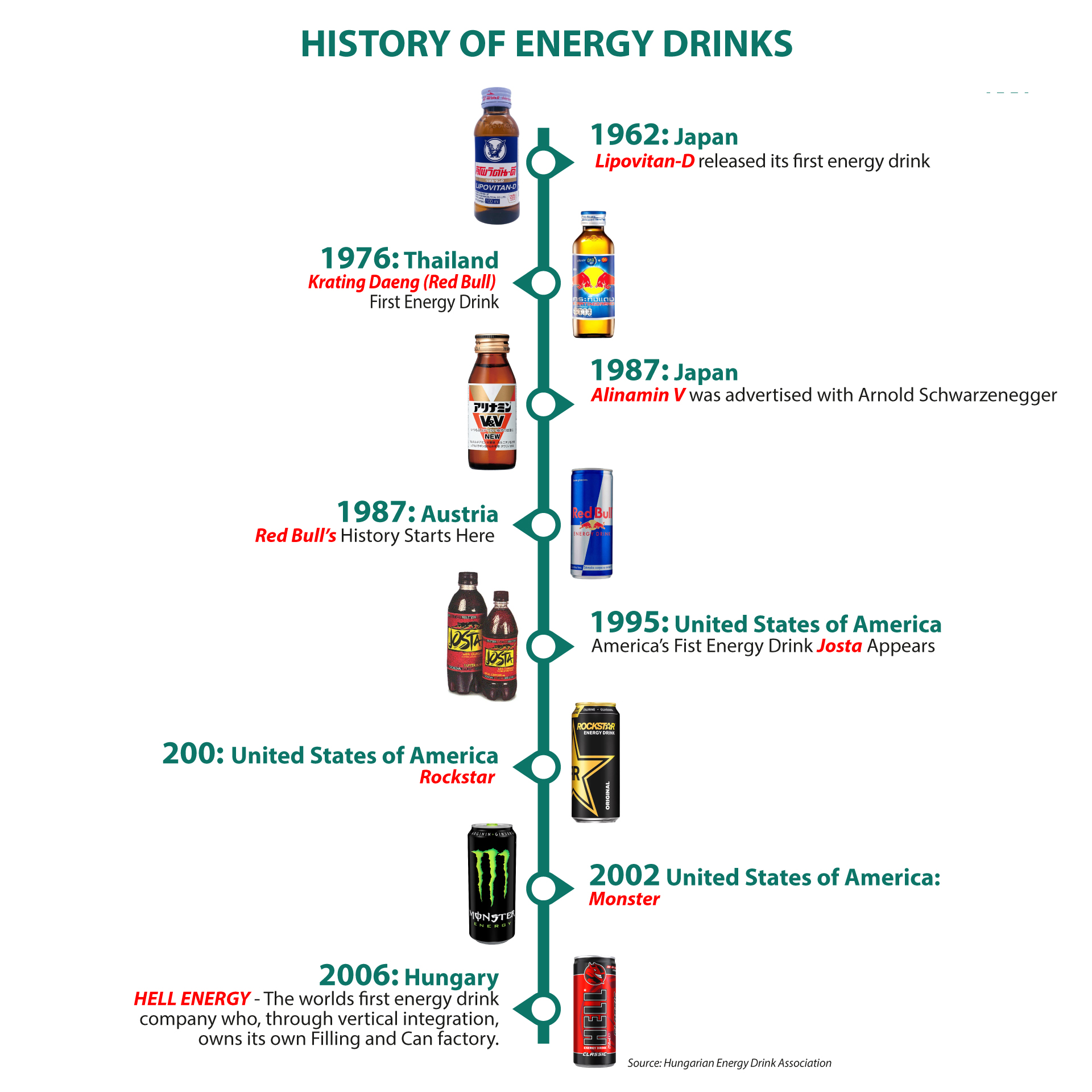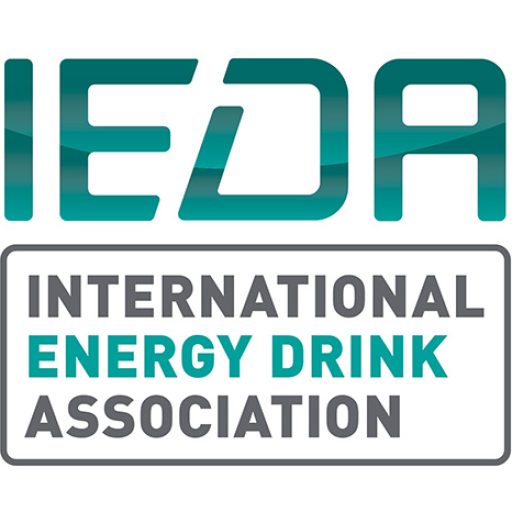The History of Energy Drinks
How a Goat Herder’s Discovery Sparked a Global Trend
Few beverages have had such a profound impact on human daily life as coffee — a drink that has journeyed from ancient legends all the way to today’s world of modern energy drinks.
The Beginnings
The story begins somewhere in Ethiopia (some sources say Yemen) around 300 BC, when a goat herder named Kaldi noticed something strange. His goats had been nibbling on the red berries of a certain bush — and suddenly they became unusually lively and cheerful.
Kaldi curiously tasted the berries himself and experienced a similar energizing effect. Before long, he discovered that the bitter seeds inside the berries could be roasted and brewed with hot water to create a unique, stimulating drink.
Local monks soon took notice. The drink helped them stay awake through long nights of prayer — and thus, coffee became the first “natural energy drink”, used to boost alertness. From there, it began its global journey, eventually becoming a staple in nearly every culture.
What Kaldi didn’t know, however, is that the energizing effect came from a specific compound: caffeine, scientifically known as 1,3,7-trimethylxanthine.
This compound affects the human body in the same way — whether it’s in coffee, tea, cola, or an energy drink.
Caffeine works by blocking adenosine receptors, which are responsible for making us feel sleepy. The result: increased alertness and focus, no matter how it’s consumed.
The Birth of the Modern Energy Drink
Fast forward more than 2,200 years to 1962 in Japan, where the world’s first energy drink was created: Lipovitan-D.
Sold in a small blue-and-yellow bottle, this non-carbonated, tonic-style beverage became an instant hit. The hardworking people of Japan quickly embraced it as their secret weapon for surviving long workdays and night shifts. Even today, it’s seen as a trusted source of energy and alertness.
Lipovitan-D is considered the ancestor of modern energy drinks, laying the foundation for more advanced formulas we know today.
So what does an energy drink actually do?
The same as coffee — since the active ingredient, caffeine, works identically: it keeps you awake and gives you a boost.
But energy drinks go a step further. Most varieties also contain B vitamins, fast-absorbing carbohydrates, and other functional ingredients — offering not just alertness, but a quick and effective energy recharge.
It’s a complete package — ideal when you need fast, reliable support for body and mind.

